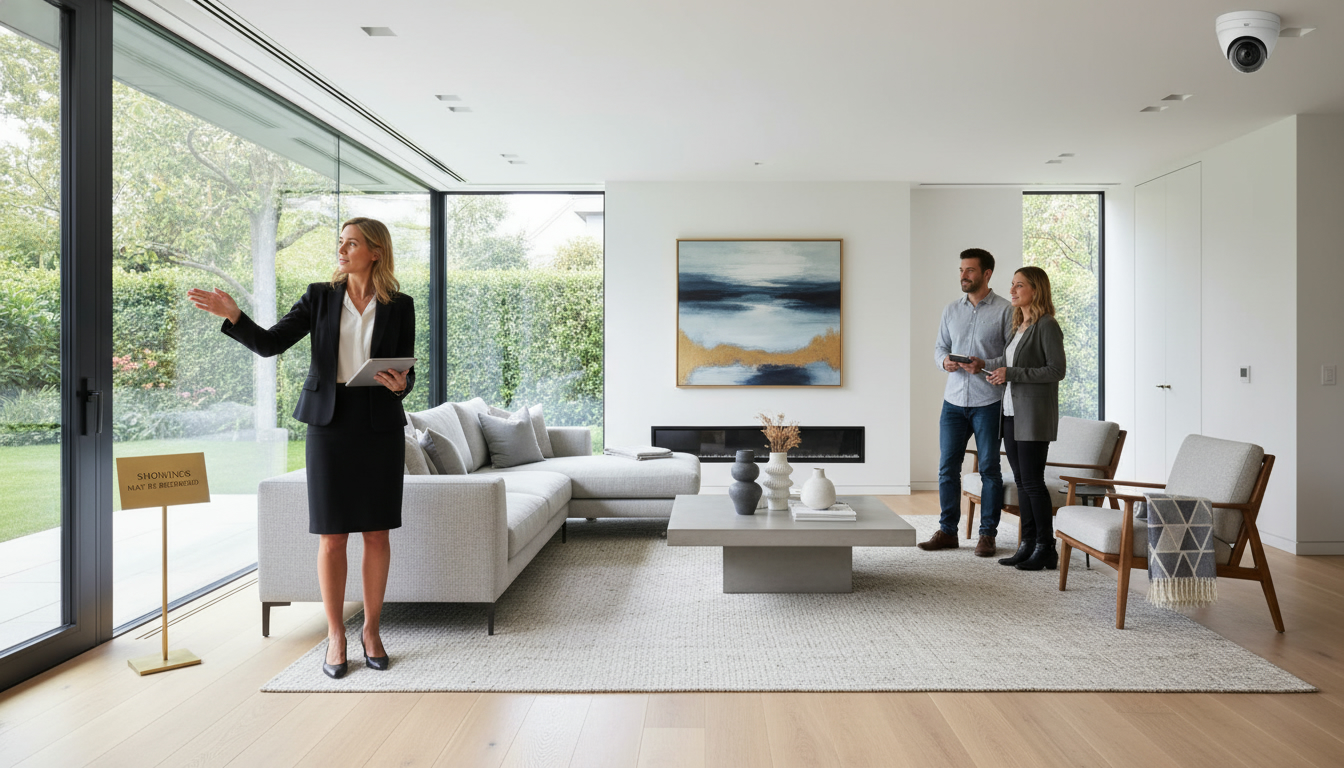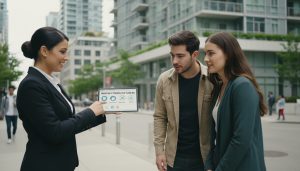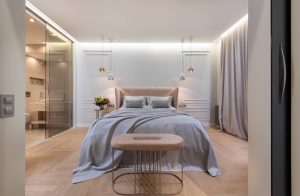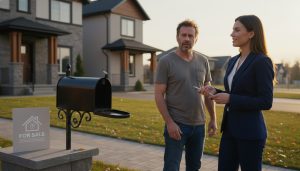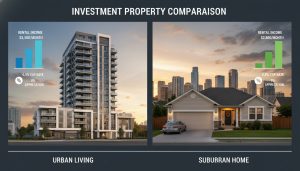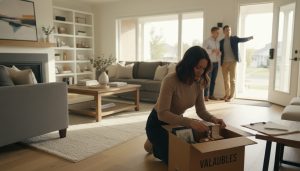Can I record visitors during showings?
Can you secretly record visitors during showings — and should you?
Quick answer
Yes, but almost never without consent. Laws and rules vary. Recording audio or video during a showing can create legal risk, breach real estate board policies, and scare buyers. If you’re Selling While Living in the Home, follow clear rules so you protect yourself and sell faster.
Why this matters when Selling While Living in the Home
You live in the property. Your safety, privacy and reputation are on the line. Recording seems like a simple security fix, but a wrong move can undo trust, complicate negotiations, and even invite legal trouble. Know the difference between smart protection and a headline you don’t want.

What the law and common real estate rules say (plain language)
- Audio vs. video: Audio recordings are treated differently than video in many places. Some jurisdictions allow one-party consent for audio (meaning someone in the room can record), while others require all-party consent. Video in private spaces can still violate privacy laws even if no sound is recorded.
- Expectation of privacy: Inside a private home, visitors expect privacy. Hidden cameras in bedrooms, bathrooms or private areas are off-limits and illegal in many places.
- Board and brokerage rules: Local real estate boards and brokerages frequently have strict policies about recording showings. Violating those rules can cost you a sale or your agent’s support.
Practical, risk-free rules to follow
- Ask upfront. Add a line in your listing and in any showing confirmation: “Showings may be recorded for safety.” Better: get written consent from visitors before recording. Consent removes nearly all risk.
- Turn off audio. If you use a security camera for general protection, disable audio recording. Video-only limits legal exposure in many regions.
- Post visible signage. Place a clear sign at the front door: “Showings may be recorded.” That’s notice and reduces surprises.
- Avoid private areas. Cameras should be limited to entryways and main living spaces for security — never bedrooms or bathrooms.
- Have the agent present. Always have your agent accompany showings. An agent protects your home and provides an added layer of accountability.
- Use a visitor log. A simple sign-in sheet or digital check-in reduces the need to rely on recordings.
- Consult a lawyer for certainty. Laws vary. If this is critical for your situation, get local legal advice.
Bottom line
You can protect your home while Selling While Living in the Home — but do it openly and legally. Unannounced recordings create more problems than they solve. Follow simple steps: disclose, limit camera scope, disable audio, keep your agent present, and get consent where required.
Tony Sousa is a veteran local realtor who helps homeowners sell while living in the house without drama. Need clear, practical steps tailored to your area? Email tony@sousasells.ca or call 416-477-2620. Visit https://www.sousasells.ca for a fast checklist that buyers and sellers trust.

